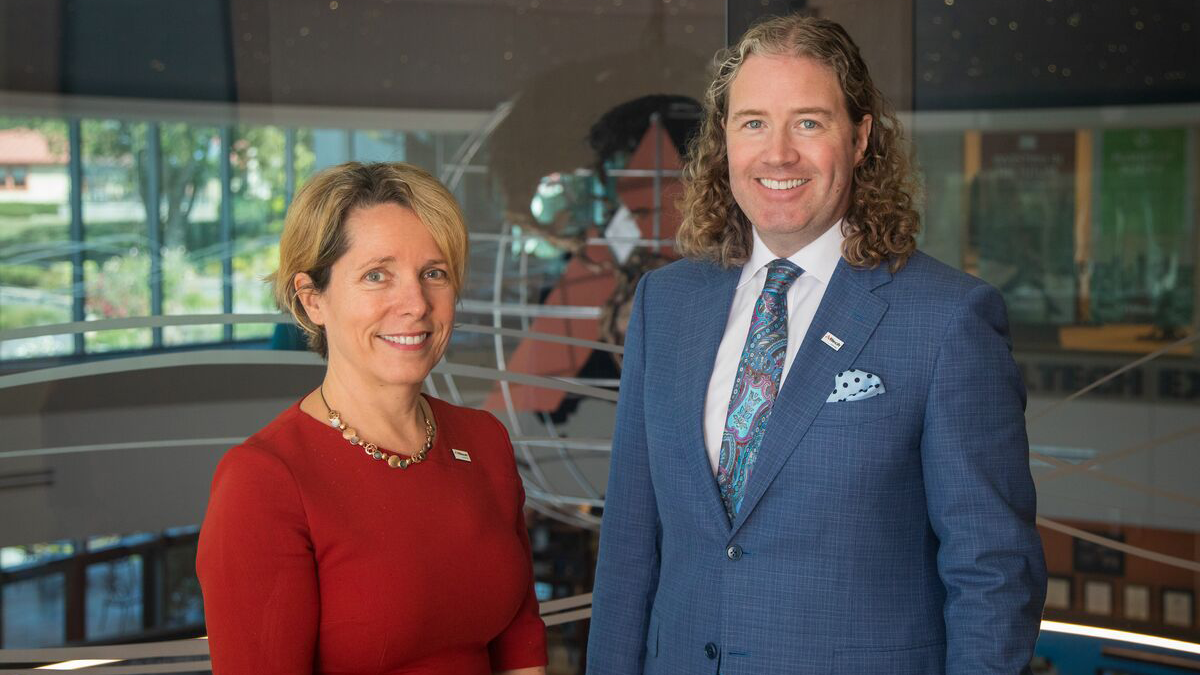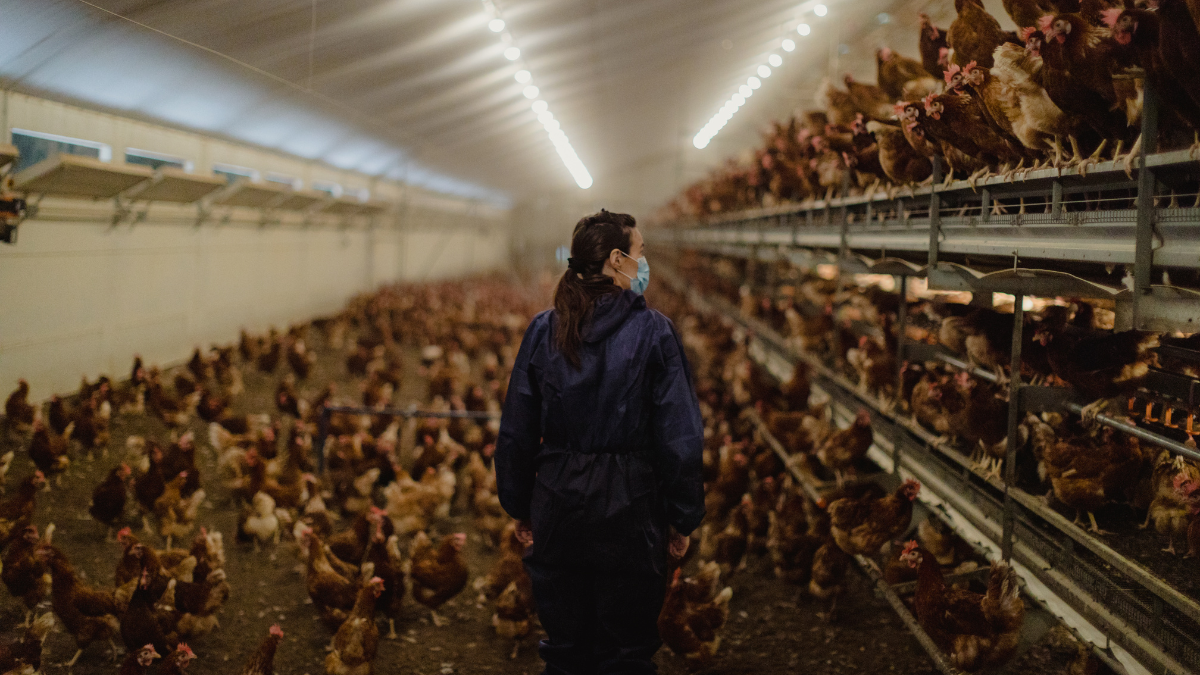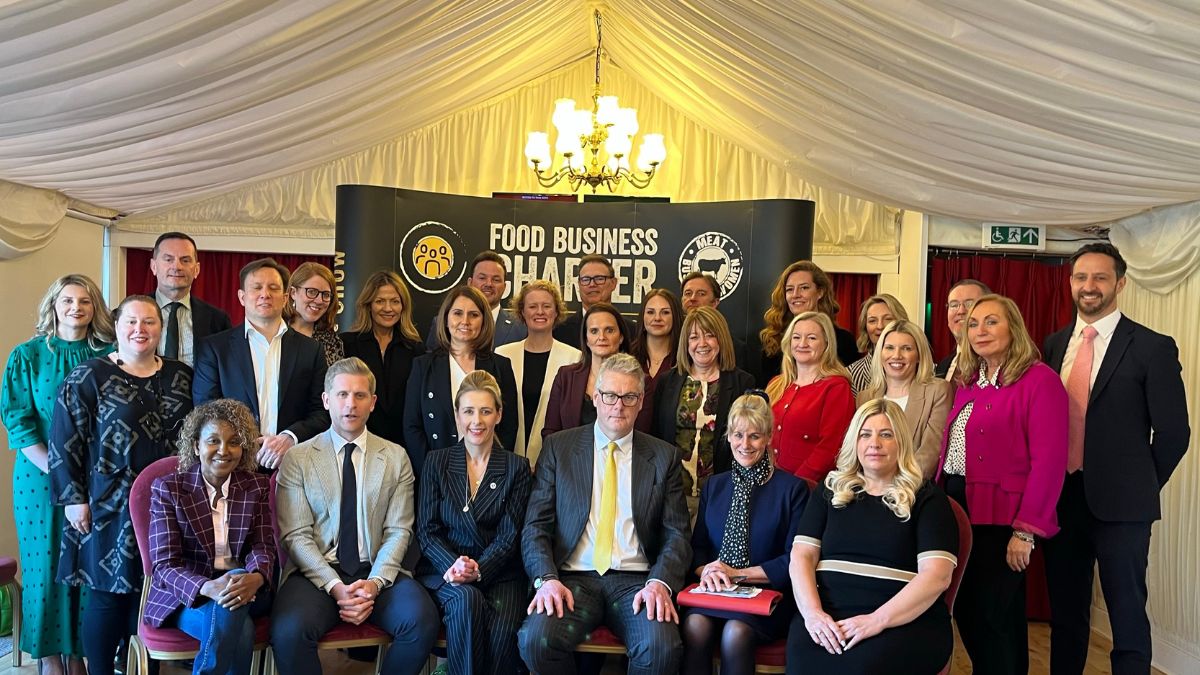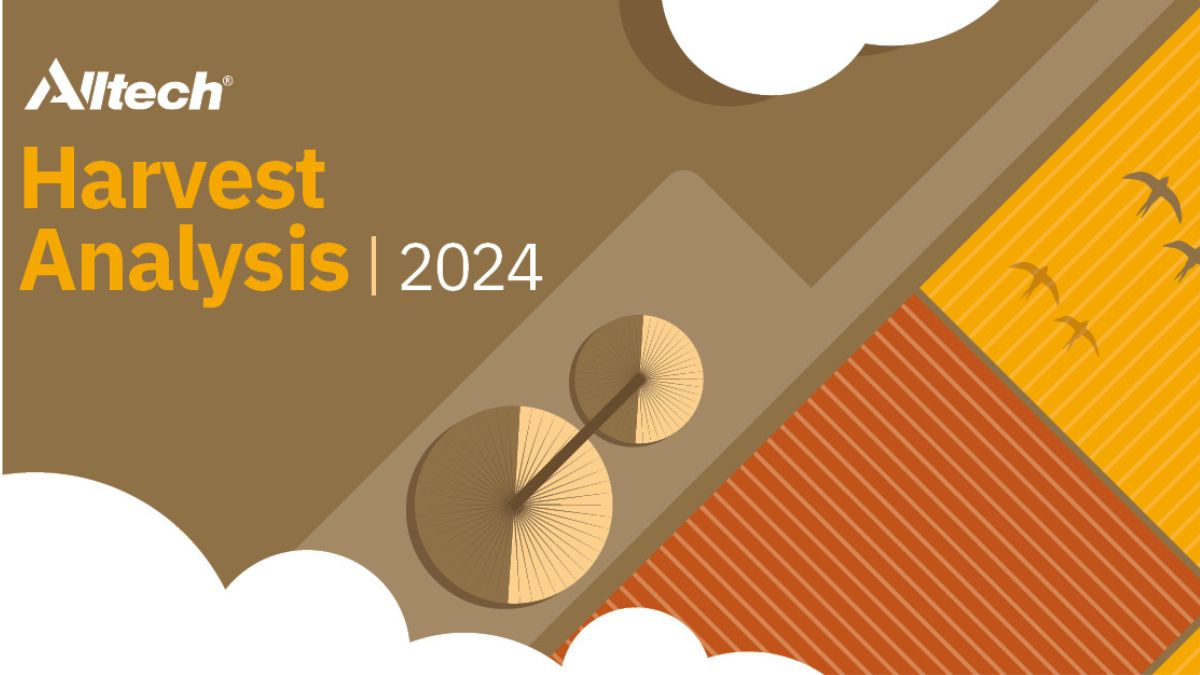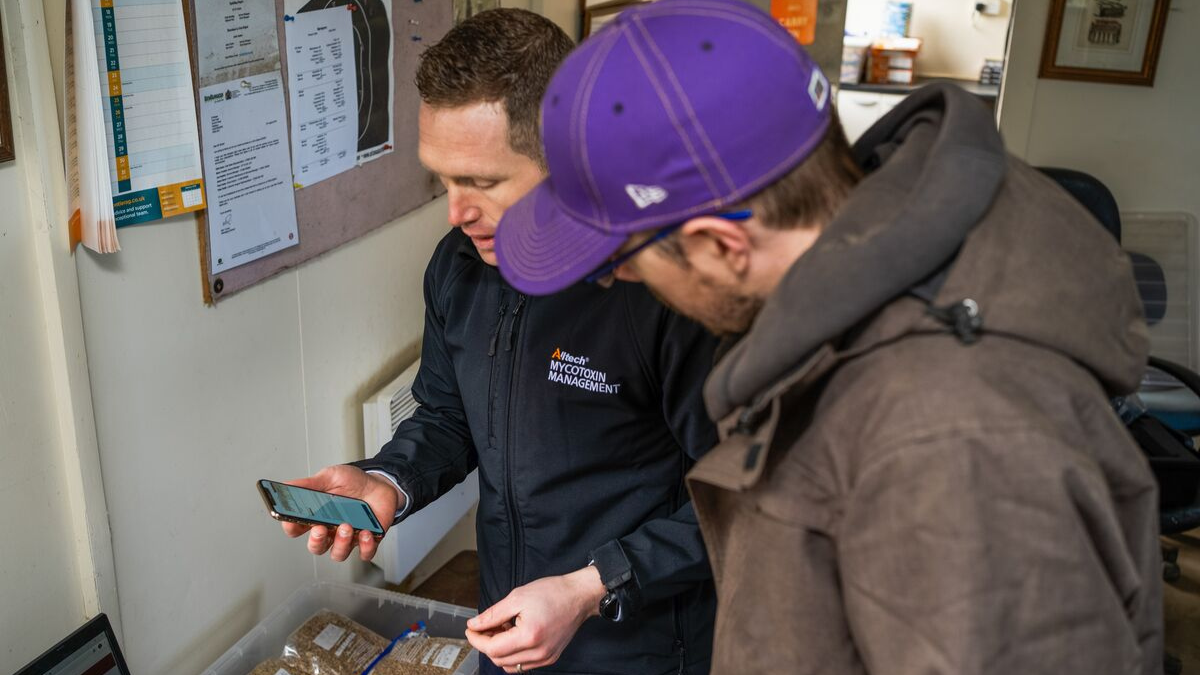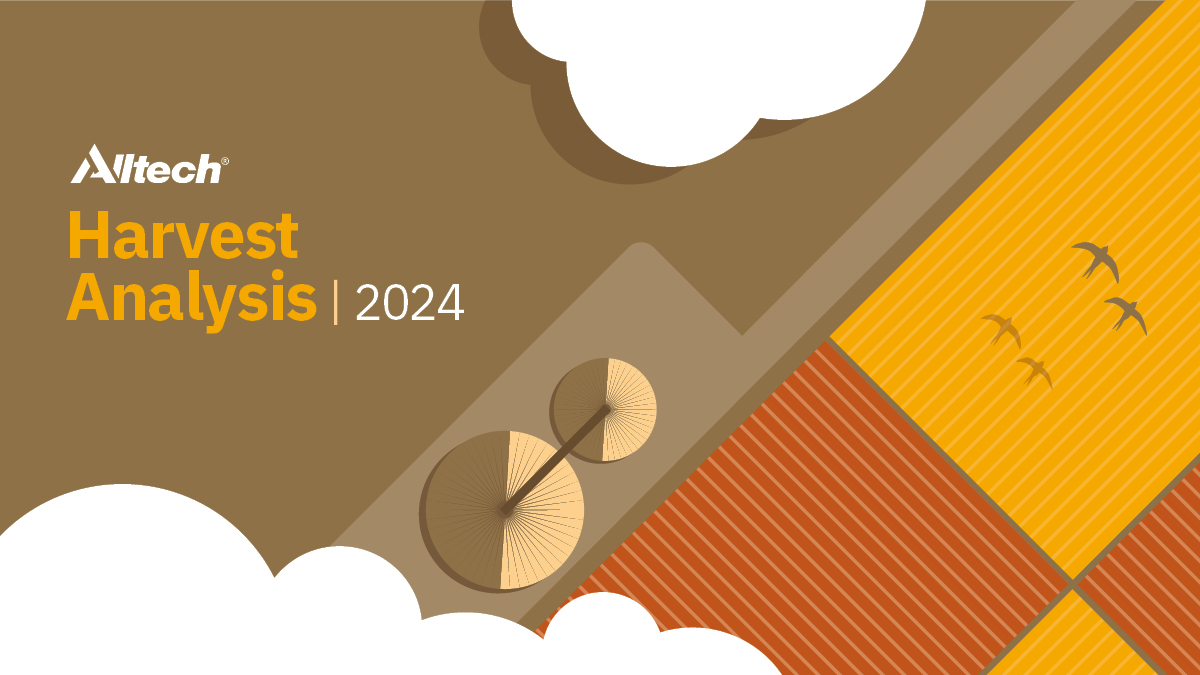Alltech awarded four new EcoVadis sustainability medals, including two Platinum honors
[LEXINGTON, Ky.] Alltech, a leading global animal nutrition company, has been awarded four new medals from EcoVadis, a globally recognized provider of business sustainability assessments. These medals are a testament to Alltech’s purpose of Working Together for a Planet of Plenty® and the company’s commitment implementing environmentally and economically sustainable solutions, fostering ethical business conduct, and prioritizing the efficient production of nutritious food.
EcoVadis evaluates companies across 21 sustainability criteria within four core themes: environment, labor and human rights, ethics, and sustainable procurement. Its ratings are based on international sustainability standards, including the Ten Principles of the United Nations Global Compact, the International Labour Organization (ILO) conventions, the Global Reporting Initiative (GRI) standards and the ISO 26000 guidelines. More than 130,000 companies have been rated by EcoVadis.
Two Alltech facilities earned Platinum Medals, placing them in the top 1% of the more than 200,000 businesses assessed by EcoVadis:
- Alltech Coppens in the Netherlands, which develops and produces high-quality, innovative fish feed and nutritional solutions
- Alltech’s Woolfox manufacturing facility in the United Kingdom
In addition, Alltech’s global operations and its manufacturing facility in Serdán, Mexico, earned EcoVadis Silver Medals, ranking them in the top 15% of businesses assessed.
“Three years ago, Alltech outlined a strategic vision for our ESG ambitions with a focus on proof points and team confidence. Over that time, we’ve expanded our policies, introduced new systems, conducted training and taken a lot of action,” said Tara McCarthy, Alltech’s global vice president of ESG. “It gives a great sense of achievement to the entire Alltech team to see that EcoVadis has recognized these efforts. Our ambition to build upon this proof remains strong, with five more assessments planned this year. Our commitment to embed best practice is unwavering as we carry out our purpose of Working Together for a Planet of Plenty.”
The EcoVadis process validates Alltech’s sustainability performance and offers a clear roadmap for enhancing its impact.
Alltech continues to reach for ambitious ESG targets, find areas for improvement and innovation, and strive to nurture a culture of sustainability,” McCarthy said. “We have made great progress, but we know that there is always more work to be done.”
The company’s commitment to demonstrating its credentials in the global supply chain continues around the world as several additional locations prepare for EcoVadis assessments, including the Alltech European Bioscience Centre in Dunboyne, Ireland, which submitted its assessment this week.
Each year, Alltech shares its progress in the Alltech Sustainability Report, which outlines actions taken to align the business with its commitments to the United Nations Global Compact, the U.N. Ten Principles and the U.N. Sustainable Development Goals. Learn more by reading the most recent report at alltech.com/sustainability.
For more information, visit Alltech.com.
- Read more about Alltech awarded four new EcoVadis sustainability medals, including two Platinum honors
- Log in to post comments
